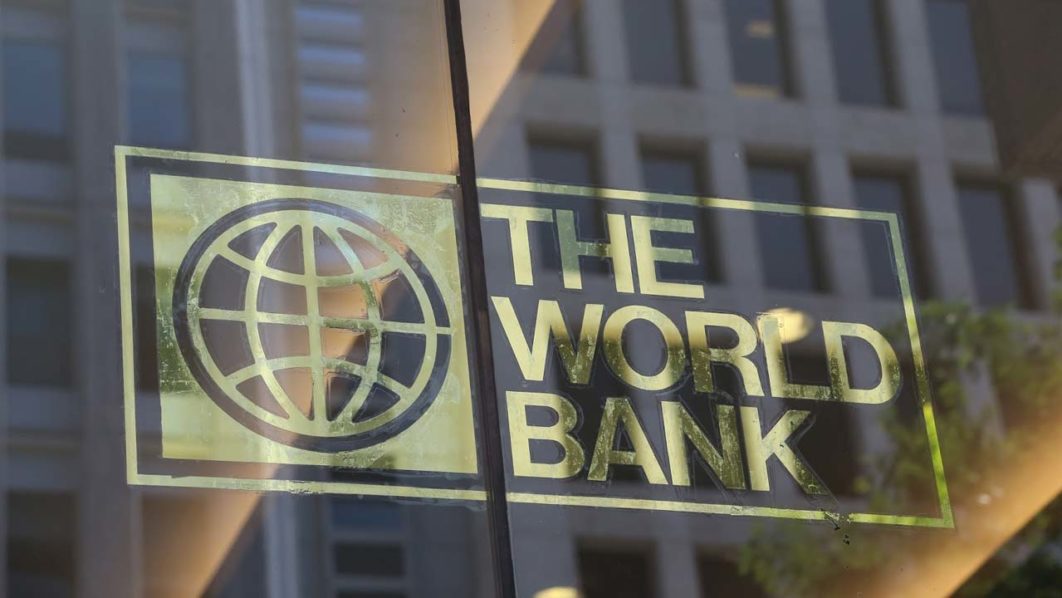
The loss amounts to an average of $23,620 for each person in the 141 countries contained in the study titled: “Unrealized Potential: The High Cost of Gender Inequality in Earnings,” which examines the economic cost of gender inequality in lost human capital.
In sub-Saharan Africa, the losses are estimated at $2.5 trillion and many countries in the sub-region host millions of girls whose average educational attainment remains lower than boys and adult women are less literate than men.
Indeed, the recently released Pension Asset and Membership Data by the National Bureau of Statistics (NBS), showed that out of the 1,931,222 civil servants in the federal employment, 525, 930 are women, leaving 1,405,292 positions for men, affirming the differences raised by the World Bank.
Besides, discrimination and social norms shape the terms of female labor force participation and many girls are married or have children before the age of 18, a disadvantage that translates into substantial gender gaps in earnings.
Consequently, globally, women account for only 38 percent of human capital wealth against 62 percent for men.
In the NBS data, sub-national (state) employment, out of 1,585,651 civil servants captured in the data, about 696,466 are women, while 889,185 are men, an indication of sustained gender gap.
In the private sector, the pension membership data showed 4,459,103 employees, out of which, only 1,111,804 are women, while 3,347,229 are men, an indication of a ratio of about 3-to-1 in favour of men.
An aggregation of the public and private sectors’ numbers showed 7,975,976 employees in the data, out of which 2,334,200 are women and 5,641,776 are men, representing about 70 per cent in favour of male employment over women.
Consequently, with the Pension Fund Asset Under Management as at first quarter of 2018 standing at N7.943 trillion, the lifetime labour earnings of these women with regards to pension as at date amount to about 30 per cent of the figure.
Participants within the age distribution of 30-39 years and 40-49 years, which is regarded as the active age, have the highest percentage composition of the pension contribution.
Conversely, women’s participation in these distributions suffered great loss in number, as men dominated, with more than two million employees above women.
The World Bank’s Chief Executive Officer, Kristalina Georgieva, said: “The world is essentially leaving $160 trillion on the table when we neglect inequality in earnings over the lifetime between men and women.
“This is a stark reminder that world leaders need to act now and act decisively to invest in policies that promote more and better jobs for women and equal pay at work.”
The global institution observed that nearly in every country today, women face barriers to fully participate in the workforce and earn as much as men.
[ad unit=2]



